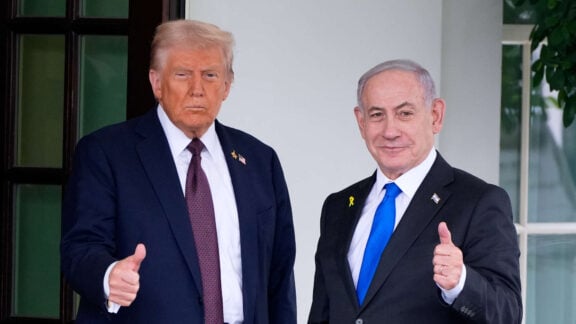For most of Australia, the Monarch’s or Queen’s Birthday, a public holiday and a long held tradition since 1788, is observed on the second Monday of June.
The issue of Australia becoming a republic has to be taken up sooner rather than later.
During this day, a number of Australians are honoured for exceptional service to their country and during the lead up, we are all reminded about the historical relationship of this country with Great Britain. We are all reminded directly or indirectly, on television, newspapers and elsewhere, about the contributions of the institution of the monarchy and of the Royal Family and Queen Elizabeth II.
Without wishing to argue or to oppose the above held position, without wanting to forget the historical ties of Australia with the United Kingdom or forget the ‘British’ hegemony of this country as manifested in the language, culture, and institutions, I think the time has come for us to re-open again, with bipartisan support, the issue of Australia becoming a republic. And the issue of the republic this time needs to be placed in a twenty-first century perspective.
In a global world of unprecedented competition and turmoil, it is widely accepted that power, economic, cultural, military, real or symbolic power, is shifting to Asia.
Australia happens to be in the right place on the planet, at the right time in history.
This great land mass of the Dreamtime and the southern seas, this multicultural liberal democracy, this middle sized wealthy nation is heavily dependent for its wealth on China and its neighbours. This regional power, this international broker, heavily dependent for its security on nations such as the United States, needs to relaunch itself now for symbolic, but also for pragmatic reasons.
Aboriginal Australia, British Australia as well as multicultural Australia are defining our nation in the twenty-first century and are leaving their mark in every sector of the economic, cultural and political landscape.
This diverse and yet united country, united because of its institutions, culture, language and its common values and aspirations, is leaving its mark and will continue to do so whether or not Australia remains a constitutional monarchy or chooses to become a republic.
However, if the country is to mature politically, democratically and symbolically, it has to recognise institutionally at the highest level of the land, not only its British ‘origins’ and past but also its recent history, its present dynamism and its future directions.
The issue of Australia becoming a republic has to be taken up sooner rather than later. And, if the proposal whether or not we should become a republic is not to be defeated again in a referendum, as happened in 1999, then a bipartisan minimalist approach, where the only thing that you change is the head of state and not the structure of power in Australia, is perhaps the only realistic way to go.









